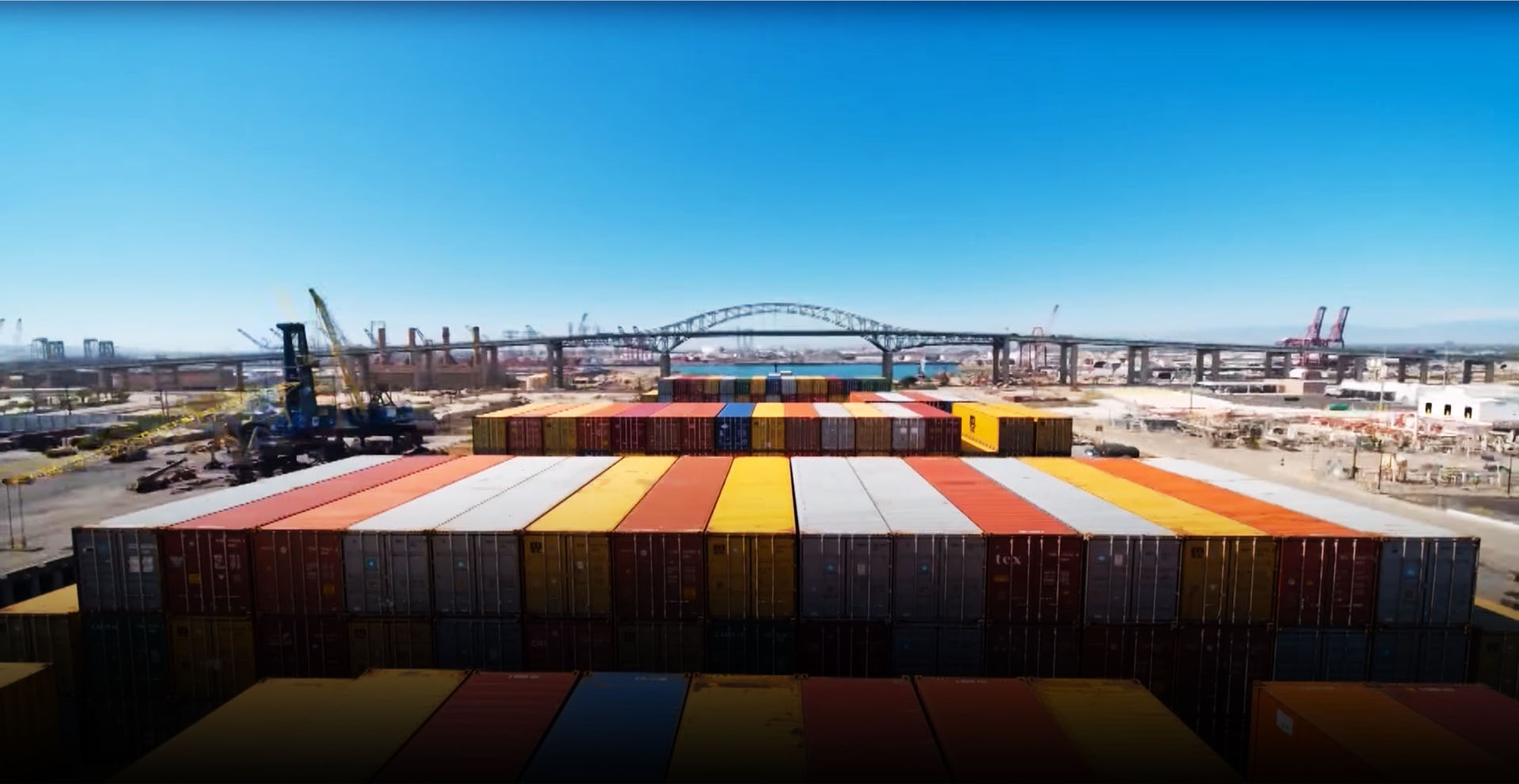Research Projects
Stop the VideoResearch Projects


Real-Time Large-Scale Ridesharing with Flexible Meeting Points
Project Summary
Project number: NCST 3051Funding source: USDOT
Contract number: DOT 69A3552344814
Funding amount: $100,000
Performance period: 1/1/2024 to 12/31/2024
Project description
Rideshare systems can increase the efficiency of the transportation system of large metropolitan areas such as Los Angeles County. It increases efficiency by providing flexible and convenient commutes to passengers, thereby reducing the number of solo drivers. For a real-time rideshare system to be effective, drivers and passengers need to be matched quickly with minimal waiting time for passengers and drivers. Also, drivers need to be provided with routes that will minimize their detours and the total traveling cost
of the system. This matching and routing system needs to be scalable to implement a rideshare system on a city-wide scale.
Dynamic ridesharing system performance can be improved by forecasting future demands from historical data. Also, the rideshare routes provided to drivers may need to be updated in real-time as traffic conditions change. A wide array of literature on ridesharing provides driver-passenger matching and routing, but most of the past work is on static assignments that do not use traffic conditions. In this proposed study, we will develop a framework that will, in real-time, match drivers to passengers and route rideshare drivers that incorporates traffic data to provide improved solutions. Our solution framework will use commercial traffic simulation software to achieve this goal. We will also incorporate common
pickup and drop-off points for multiple passengers, potentially reducing travel costs and time. Our proposed framework will be scalable so that it can be applied to demand in large metropolitan areas.
P.I. NAME & ADDRESS
Maged DessoukyDean's Professor and Chair, Daniel J. Epstein Department of Industrial and Systems Engineering
3715 McClintock Ave.
Ethel Percy Andrus Gerontology Center (GER) 206ALos Angeles, CA 90089-0193
United States
[email protected]















